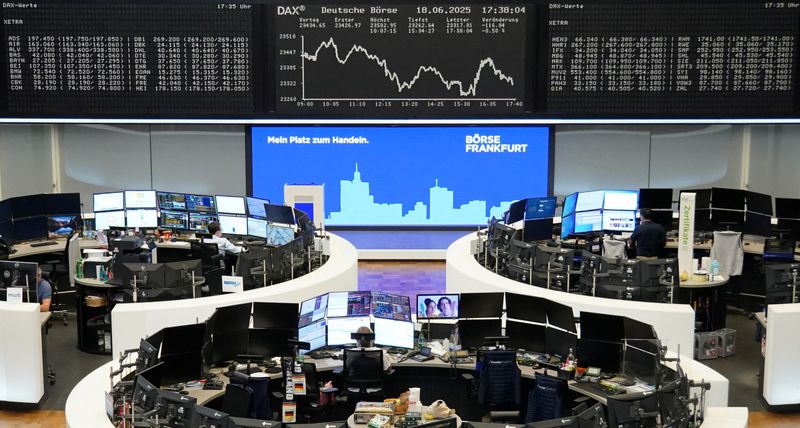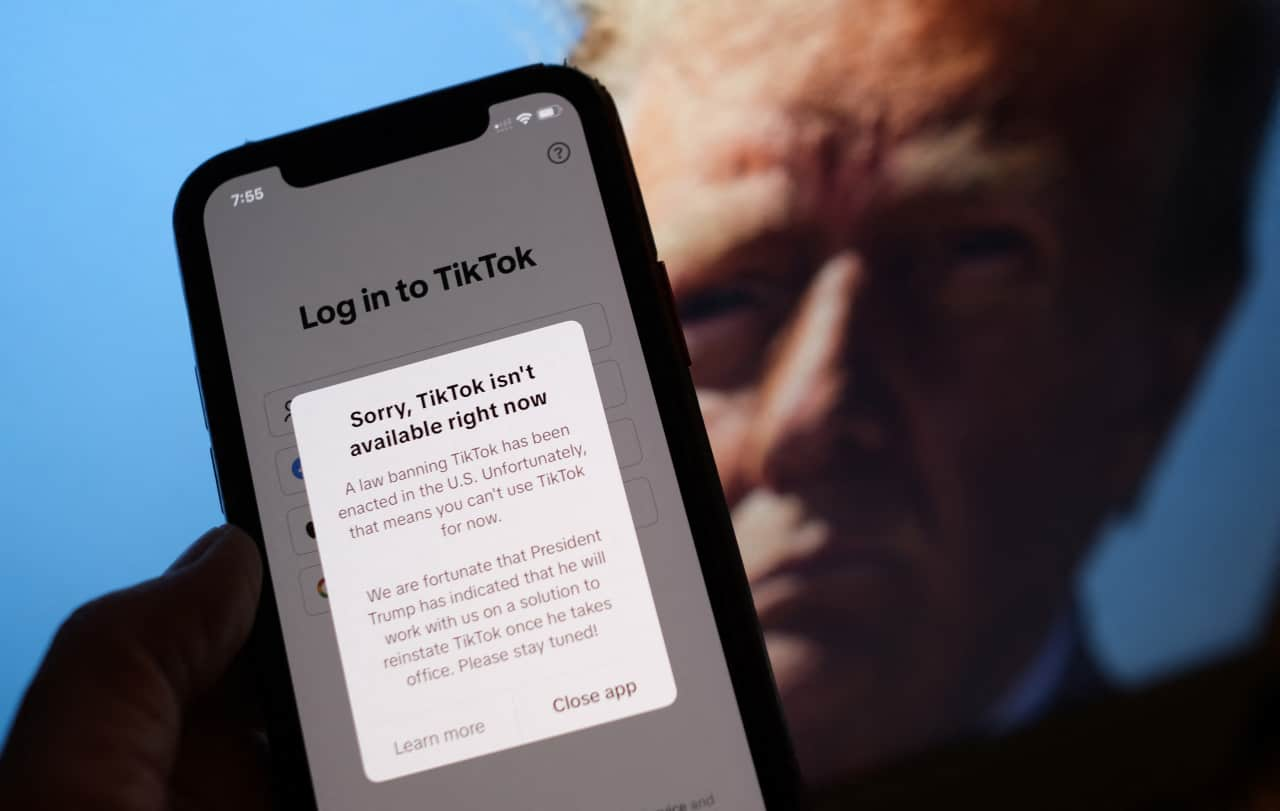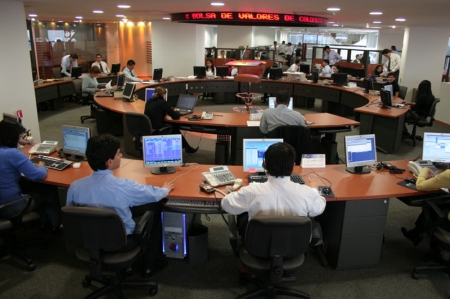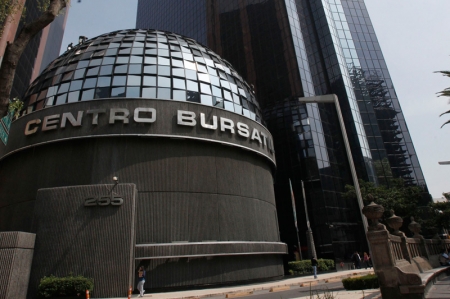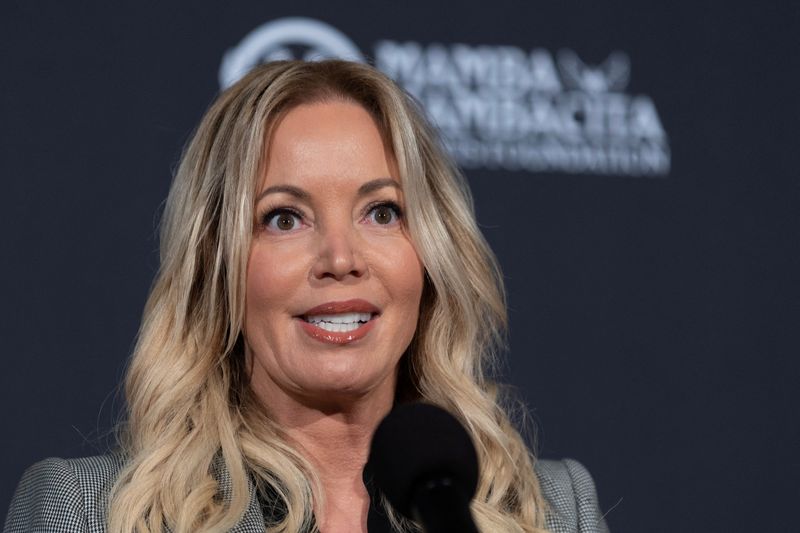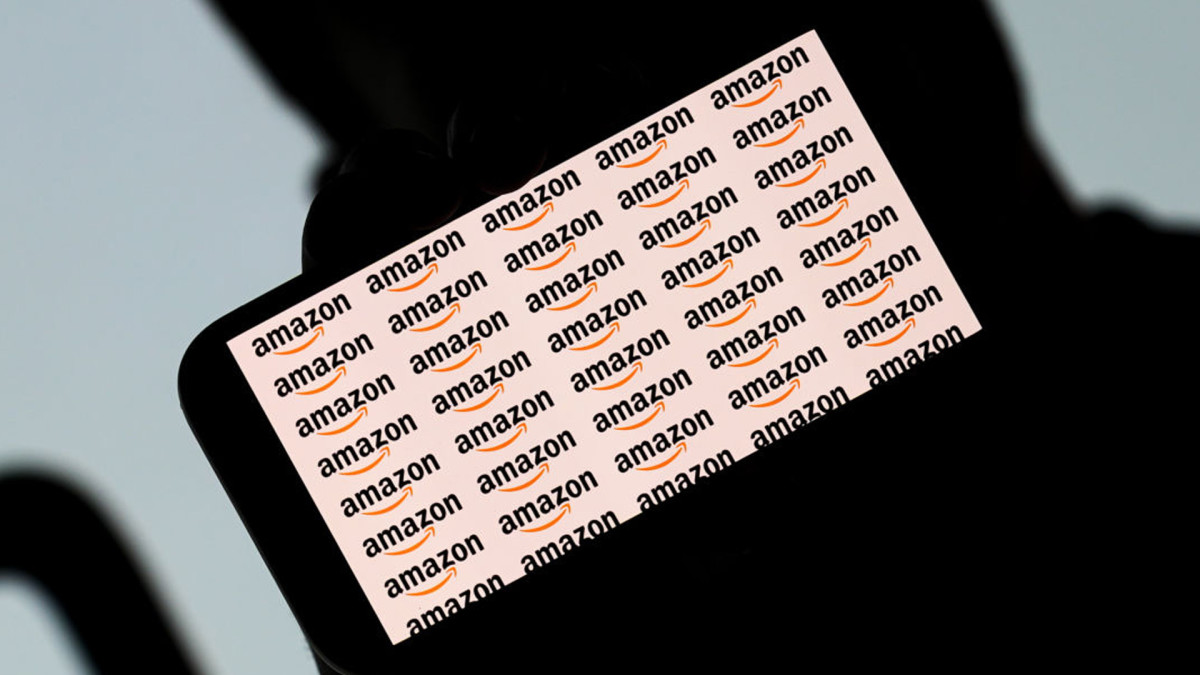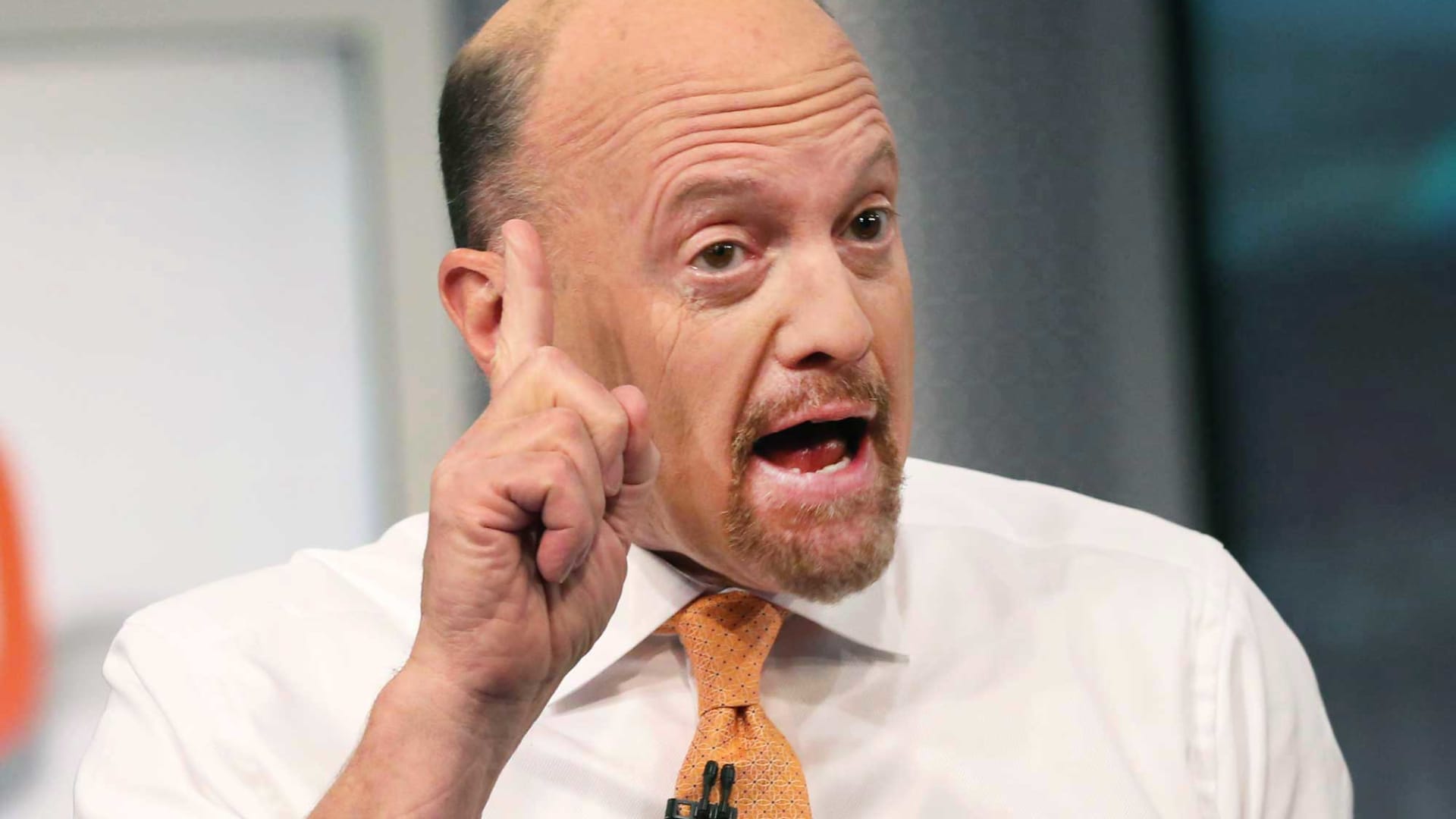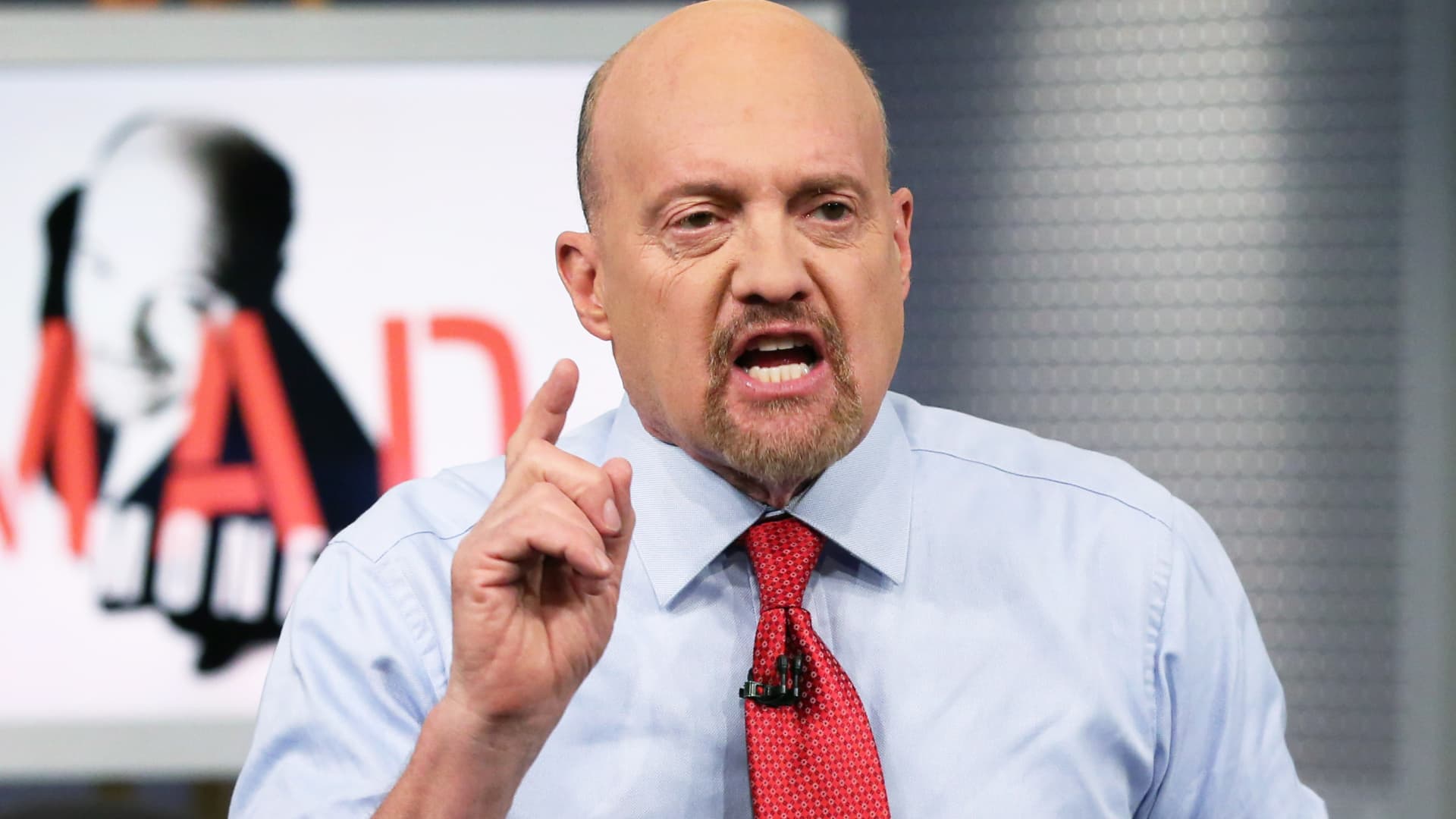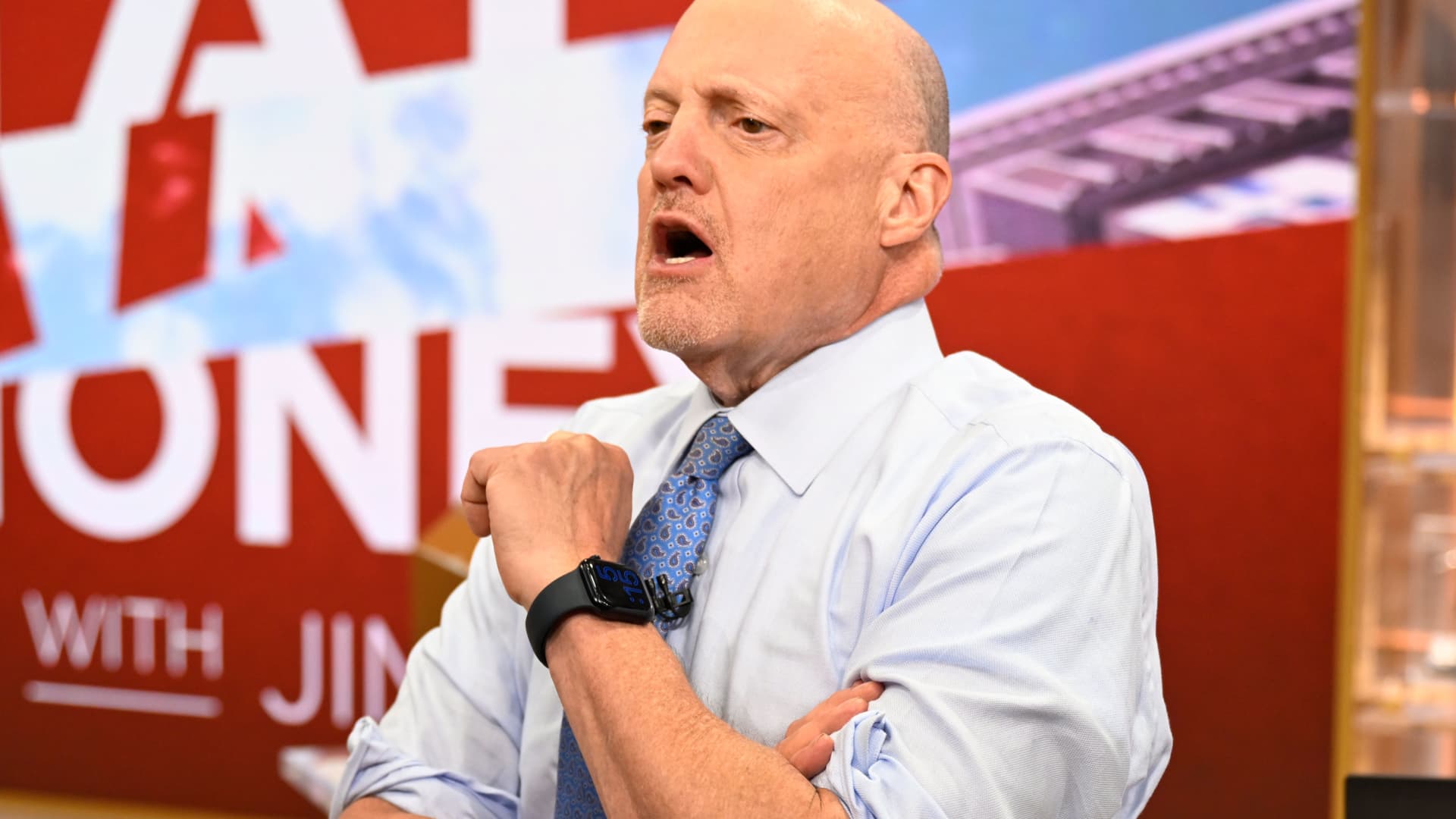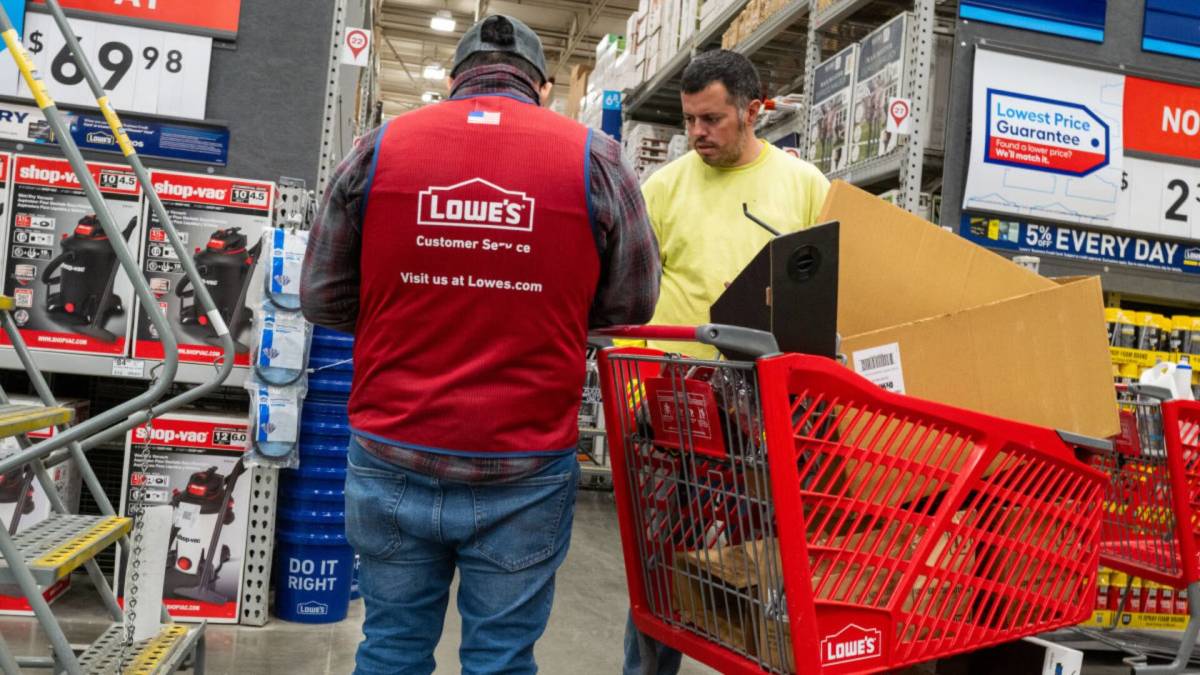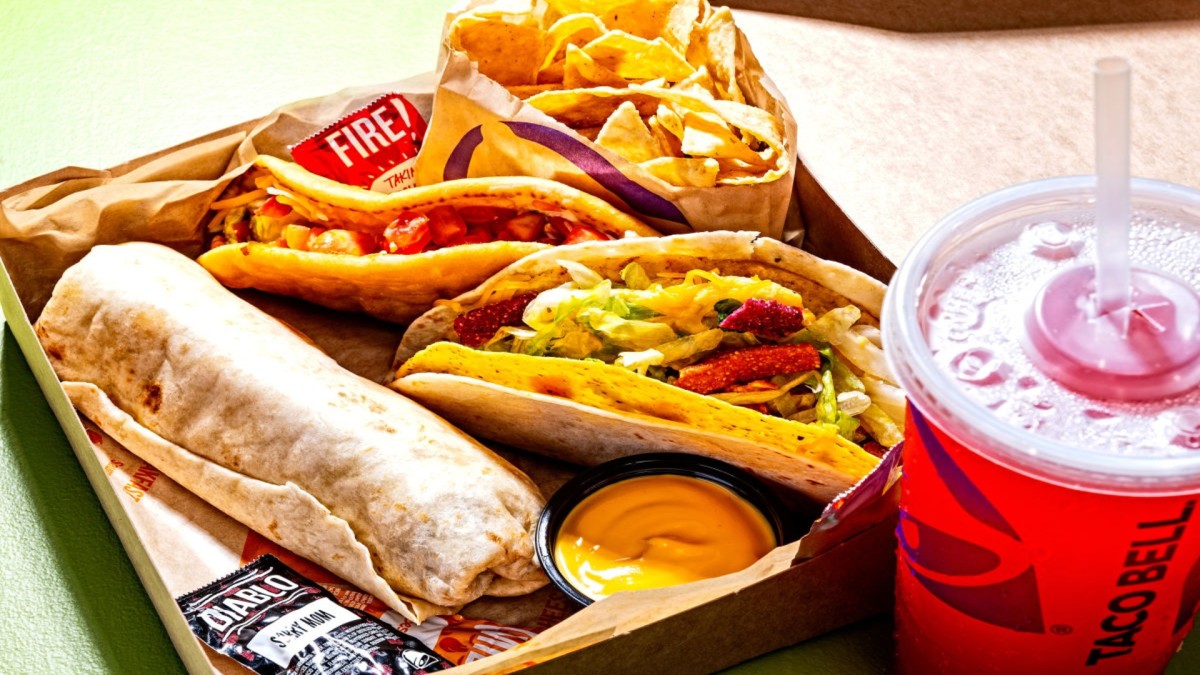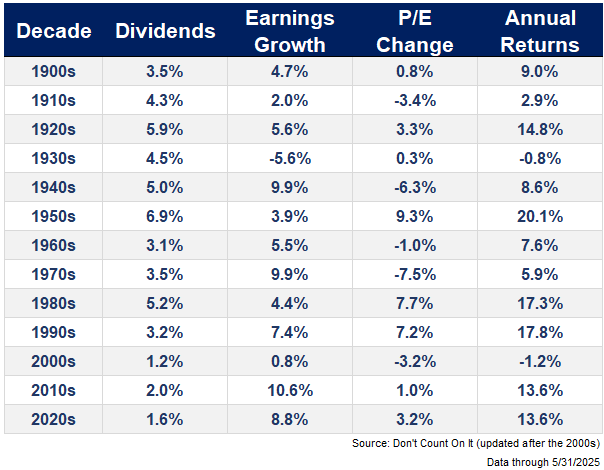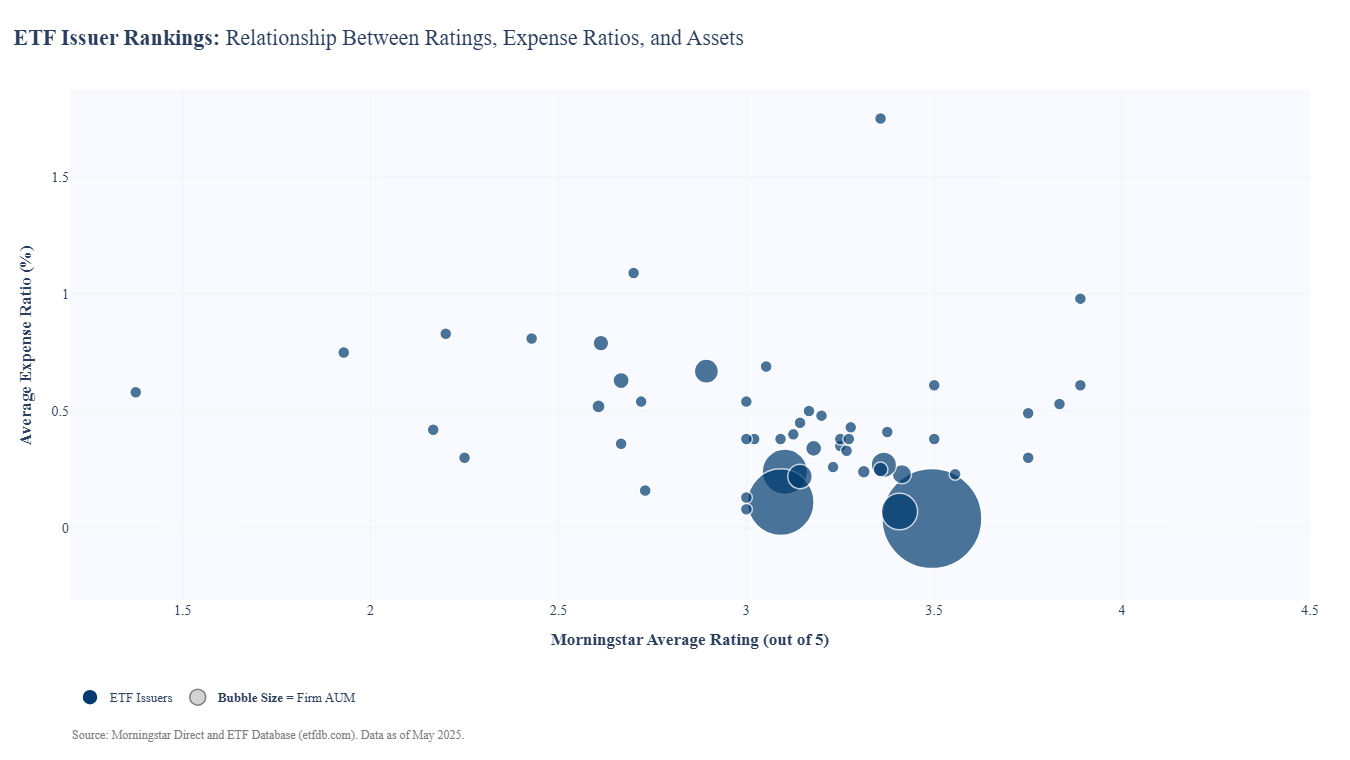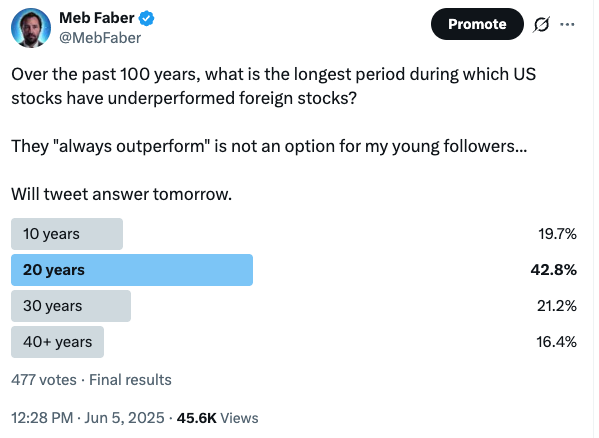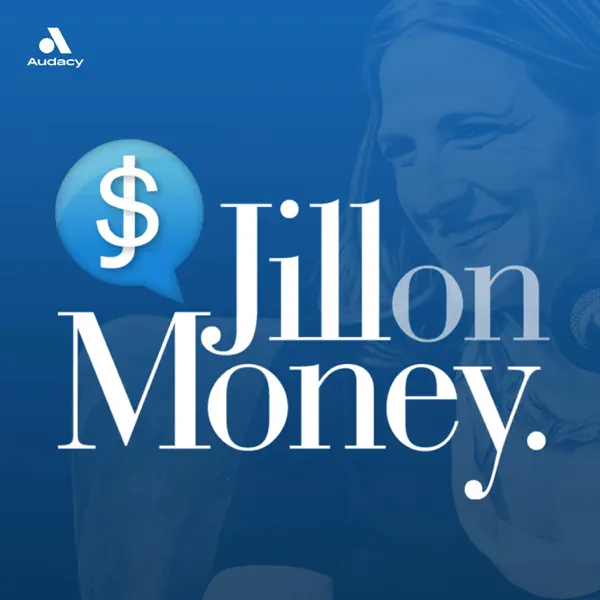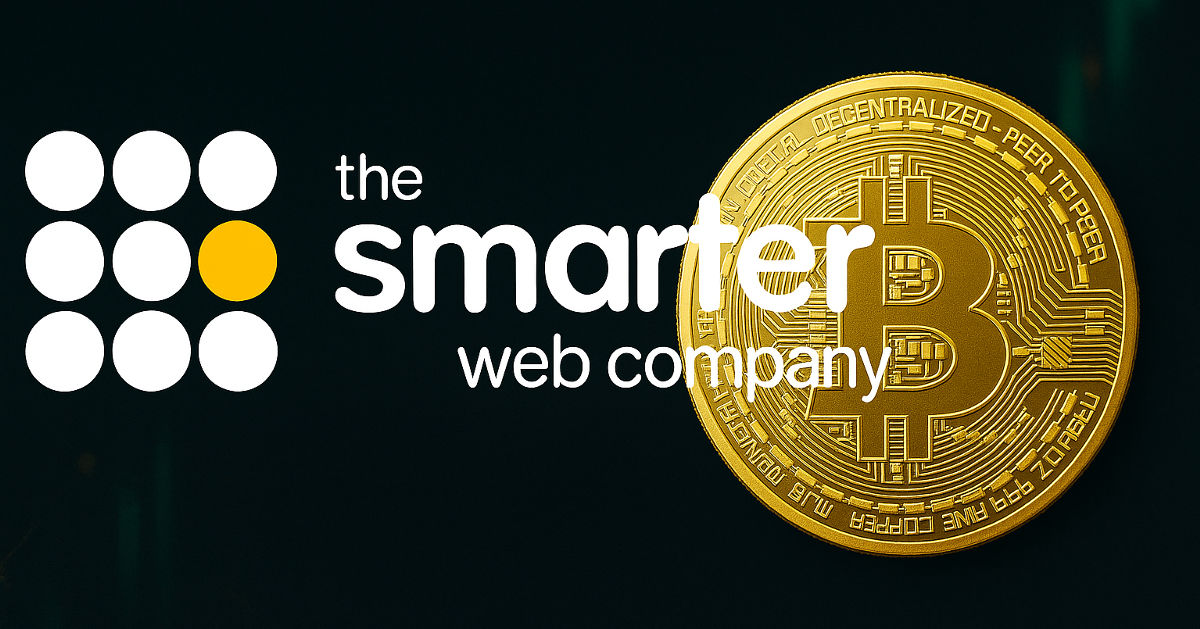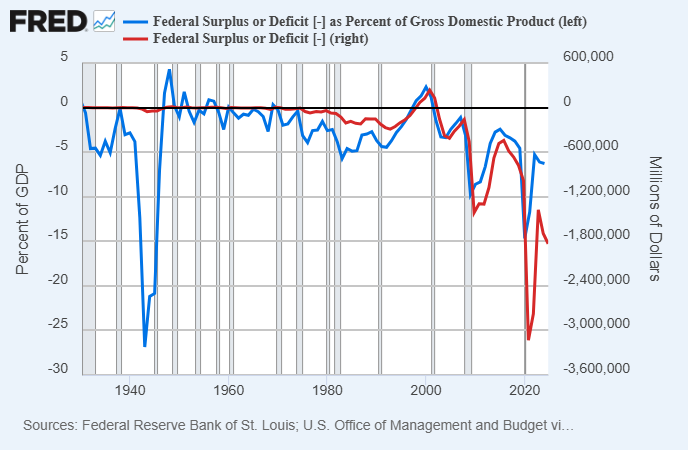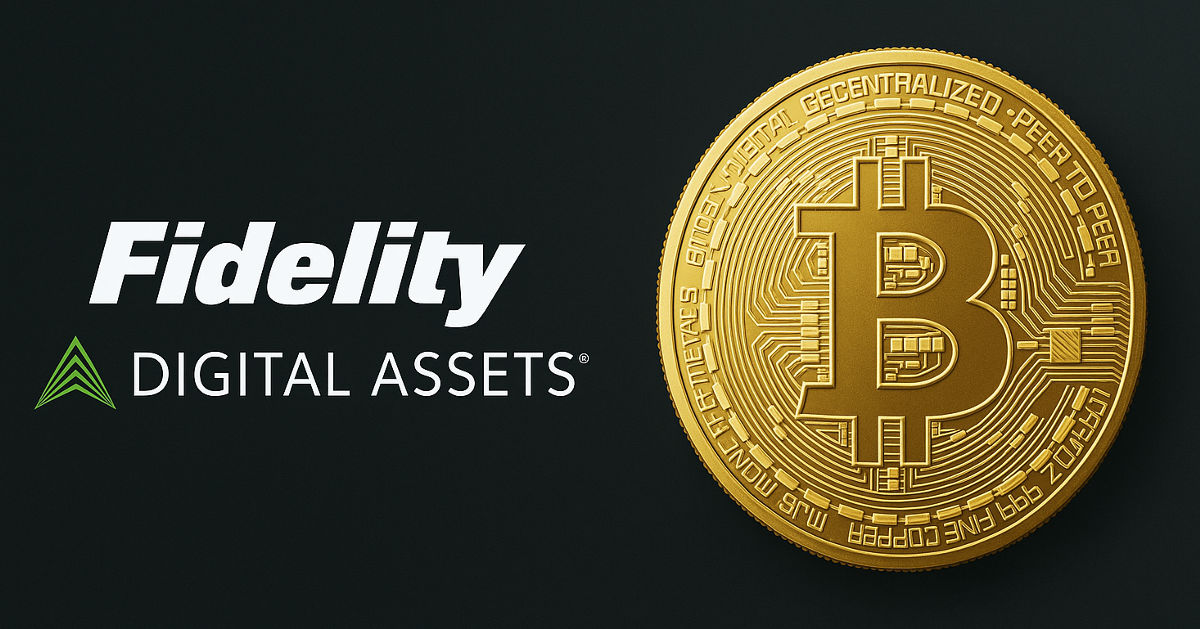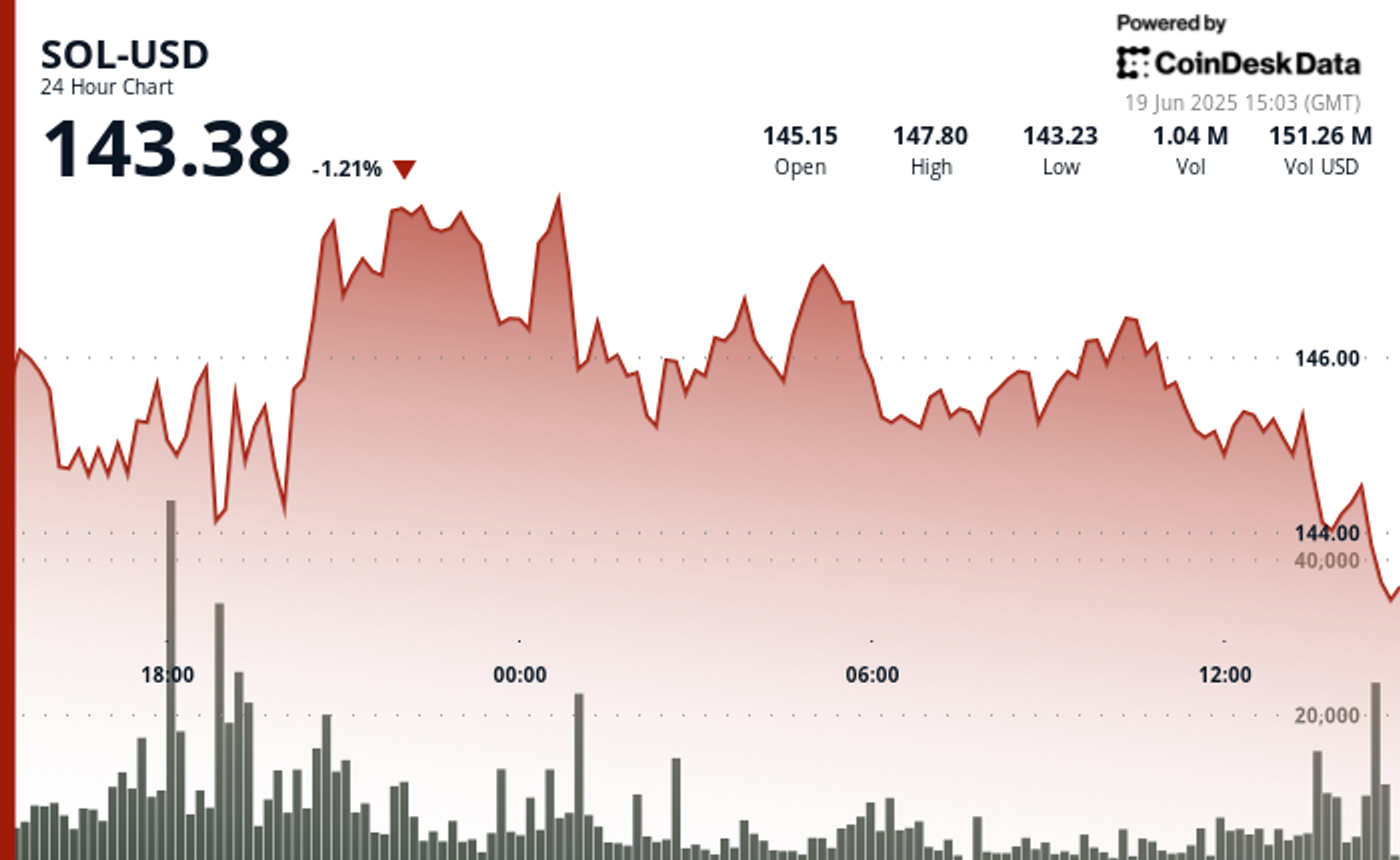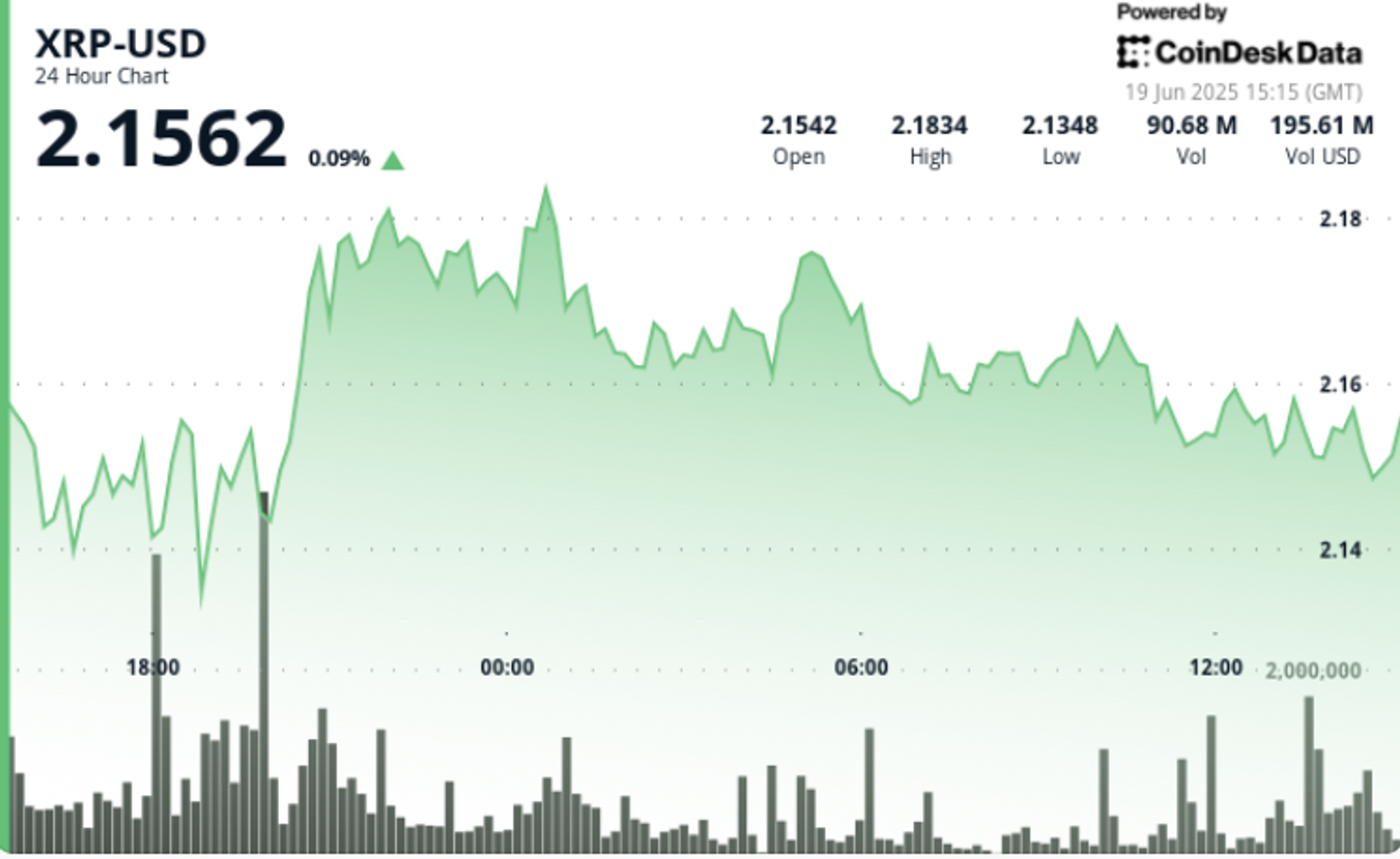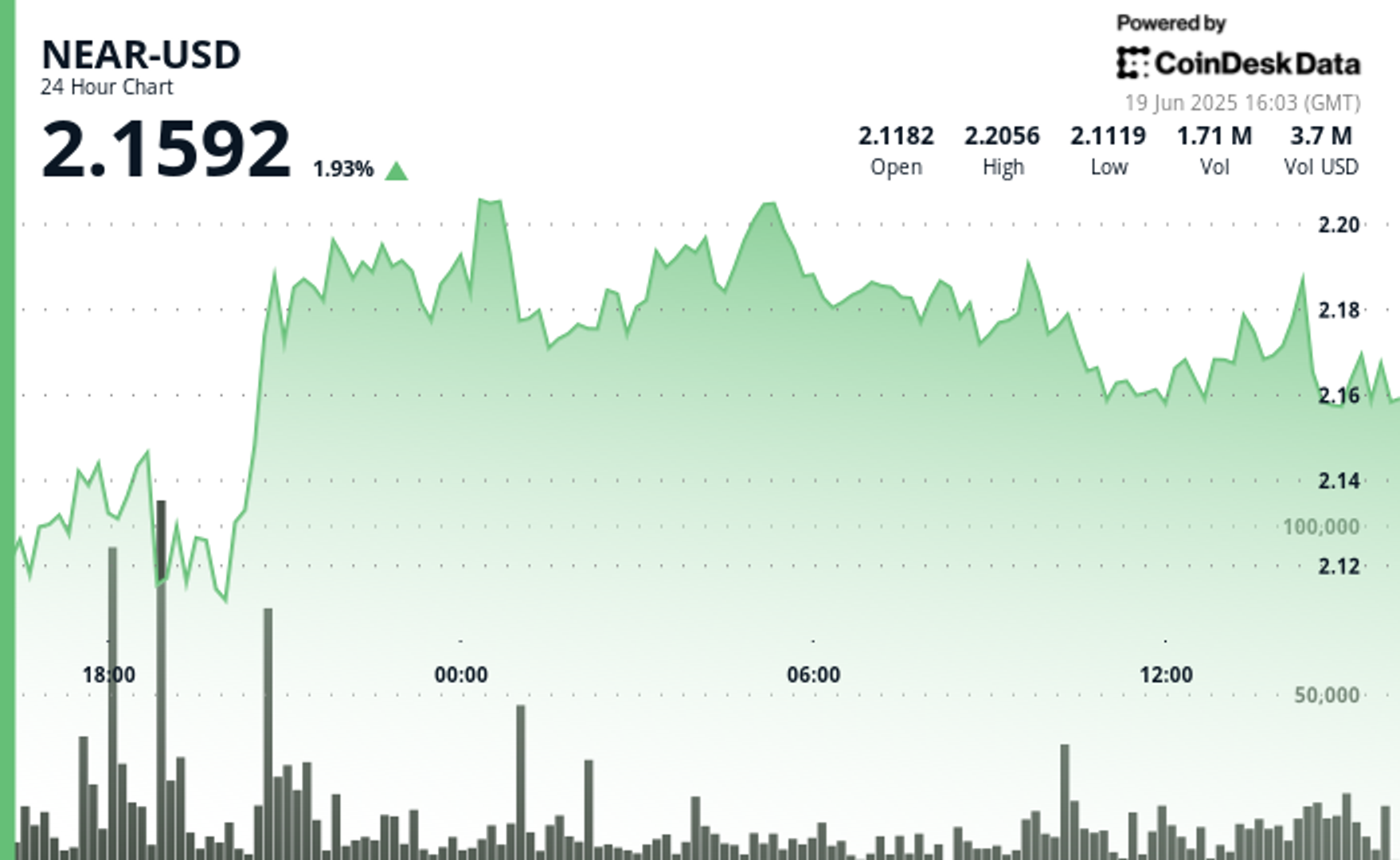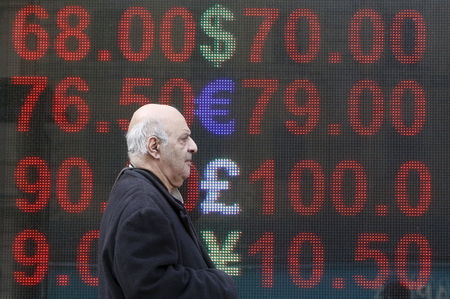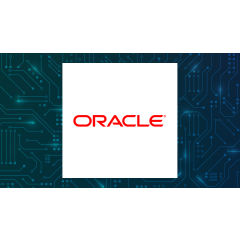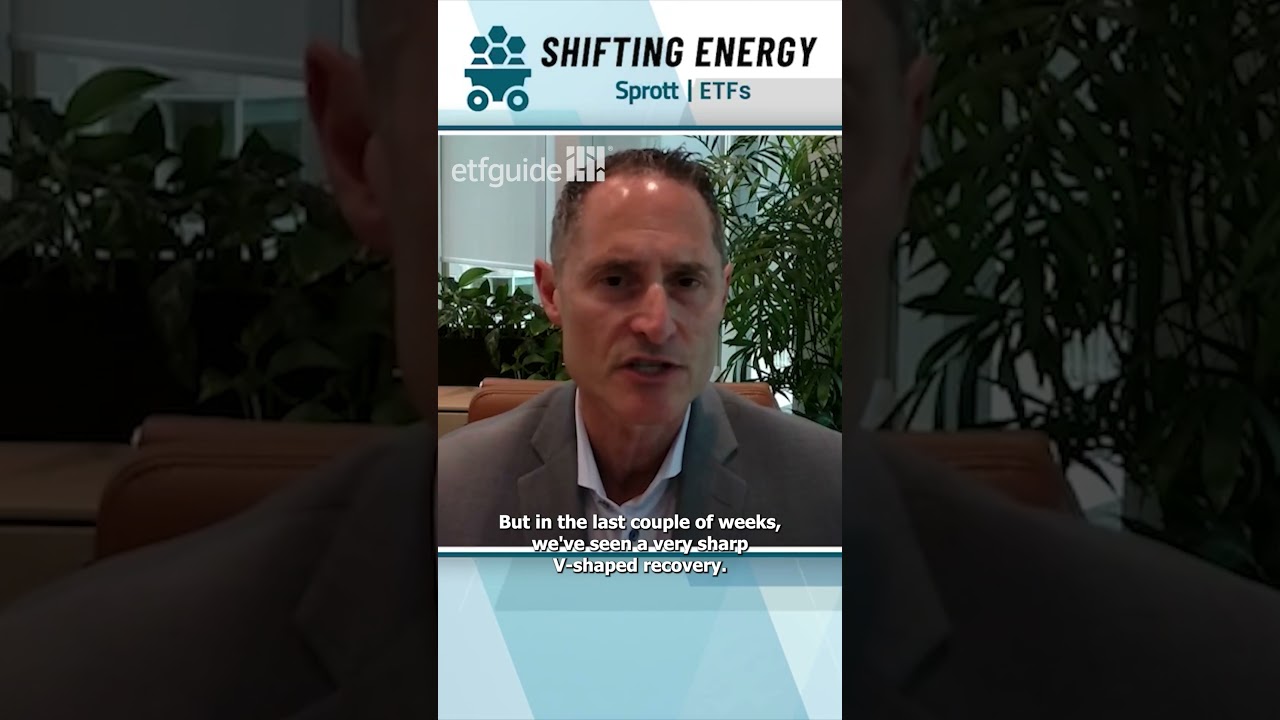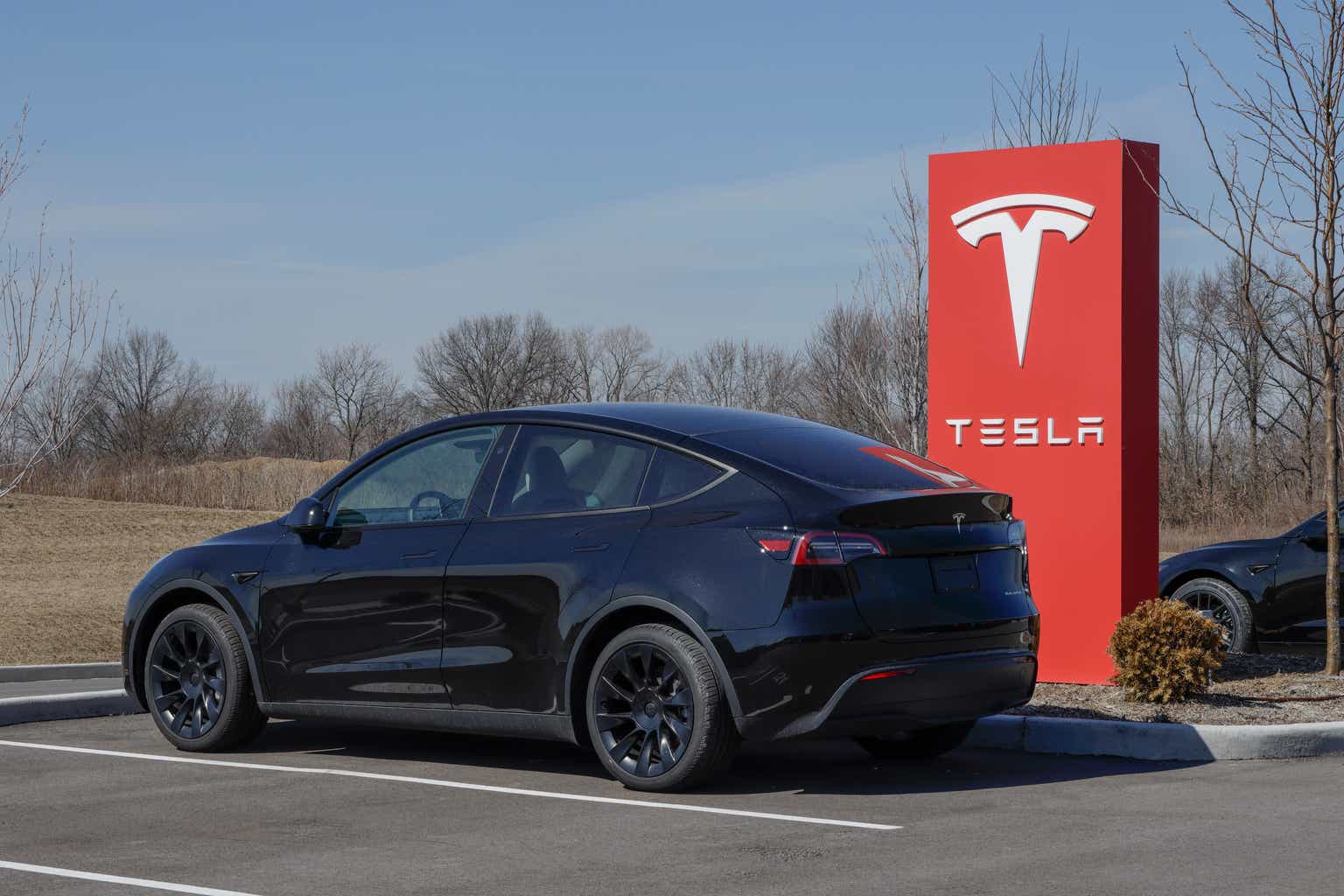Should You Bet on This Billionaire Mastermind Behind Billion-Dollar Empires?
Building a Giant Amid Market Headwinds Bradley Jacobs is a business alchemist, transforming modest ventures into industry giants with a knack for strategic consolidation. Though not a household name, his track record speaks volumes. He catapulted United Rentals (NYSE:URI) from a regional equipment rental outfit to a national leader by snapping up smaller competitors. Similarly, […] The post Should You Bet on This Billionaire Mastermind Behind Billion-Dollar Empires? appeared first on 24/7 Wall St..

Jacobs’ ambitious consolidation strategy faces risks from a sluggish housing market, but his track record suggests potential for long-term success.
Nvidia made early investors rich, but there is a new class of ‘Next Nvidia Stocks’ that could be even better. Click here to learn more.
Key Points in This Article:
Building a Giant Amid Market Headwinds
Bradley Jacobs is a business alchemist, transforming modest ventures into industry giants with a knack for strategic consolidation. Though not a household name, his track record speaks volumes.
He catapulted United Rentals (NYSE:URI) from a regional equipment rental outfit to a national leader by snapping up smaller competitors. Similarly, he built United Waste Systems into a powerhouse before selling it to Waste Management (NYSE:WM) for $2.5 billion. Jacobs repeated this magic with Express-1 Expedited Solutions, morphing it into XPO Logistics (NYSE:XPO), a logistics titan.
From XPO, he spun off GXO Logistics (NYSE:GXO) and RXO (NYSE:RXO), creating standalone giants in warehousing and freight brokerage. Jacobs did it again with QXO (NYSE:QXO), a $1 billion bet on the $800 billion building products distribution market. His plan? Consolidate the fragmented industry, targeting a $1 billion revenue run-rate in year one, $5 billion in three years, and tens of billions in a decade.
Given Jacobs’ Midas touch, QXO seems poised for success, but investors wonder: what’s next when his alphabet of triumphs runs dry?
Empire-Building Playbook on Display Again
Jacobs continues to charge forward with QXO to dominate the building products distribution industry. Following its $11 billion acquisition of Beacon Roofing Supply in April, QXO just surprised the market with a $5 billion all-cash offer for GMS (NYSE:GMS), a drywall and interior construction distributor.
Jacobs’ strategy — consolidating fragmented markets with M&A and tech efficiencies — has sparked a 41% year-to-date stock surge and 110% rally from its 52-week low, though QXO lags 83% below last year’s price. I’m not too worried about that. QXO was thinly traded before Jacobs got involved and he subsequently raised $3.5 billion in equity by selling shares in a private placement and another $620 million with a second PIPE deal. It had over $5 billion in cash at the end of the first quarter.
With a knack for turning small players into giants, Jacobs’ ambition fuels QXO’s allure, but the U.S. housing market’s woes raise questions.
Growth Prospects: Beacon, GMS, and Beyond
QXO’s growth hinges on Jacobs’ M&A prowess and Beacon’s early success. Beacon’s 600 branches and $7 billion revenue provide instant scale, covering 90% of U.S. roofing markets.
The GMS bid, at $95.20 per share (a 17.5% premium to where the stock traded before the deal was announced), aims to bolster interior construction, promising faster deliveries and digital tools like EagleView.
Despite missing his stated $1 billion run-rate revenue target, QXO’s $400 million from 12 smaller 2024 deals and $30 million in Beacon synergies show momentum. Jacobs eyes $50 billion in revenue by 2035, doubling EBITDA via AI-driven pricing and inventory tech.
Wall Street is on board with all four analysts covering QXO rating it a buy and assigning a consensus $34 per share one-year price target, which implies 52% upside. Wolfe Research has an industry high target of $44 per share, and William Blair analysts just initiated coverage with an “Outperform” rating, betting on QXO’s long-term dominance. An earlier Oppenheimer research note said QXO was eyeing around 40 companies that generate approximately $300 billion in aggregate annual revenue.
Housing Market Challenges
The U.S. housing market, however, throws a wrench. A 4-million-home shortage boosts repair demand, but high interest rates and Trump’s tariff threats stifle new construction, with 30% of QXO’s revenue tied to weak nonresidential projects.
Existing home sales fell 0.5% in April from March, according to the National Association of Realtors, and new data from the U.S. Census Bureau showed that new housing starts declined 9.8% in May — the lowest level since May 2020.
With no long-term debt and negligible operating lease obligations, QXO raises few liquidity fears, but GMS’s declining EBITDA margins — they dropped 315 basis points from 2022 to 2025, (9.1% from 12.2%, a 26% drop) hint of potential integration hurdles. These headwinds temper QXO’s near-term outlook in a volatile market.
Is QXO a Buy Now?
QXO’s growth potential under Brad Jacobs’ leadership is enticing, but its valuation and market risks call for caution. Trading at a price-to-sales ratio of over 200x and a forward P/E of 39, QXO’s premium reflects high expectations for its M&A-driven growth.
Yet, the shaky housing market poses a near-term challenge. Risk-tolerant investors may see QXO as a buy, given Jacobs’ track record and early Beacon synergies, but timing matters. A diversified portfolio with stable income stocks can offset QXO’s volatility. Key will be to monitor second-quarter earnings for progress on cost savings and GMS integration later on, assuming the offer is accepted.
I don’t like betting against Jacobs, but for now, QXO is something of a speculative bet, best suited for those willing to weather housing market turbulence and who believe in Jacobs’ long-term vision. You can count me among them, but risk tolerance is essential.
The post Should You Bet on This Billionaire Mastermind Behind Billion-Dollar Empires? appeared first on 24/7 Wall St..






